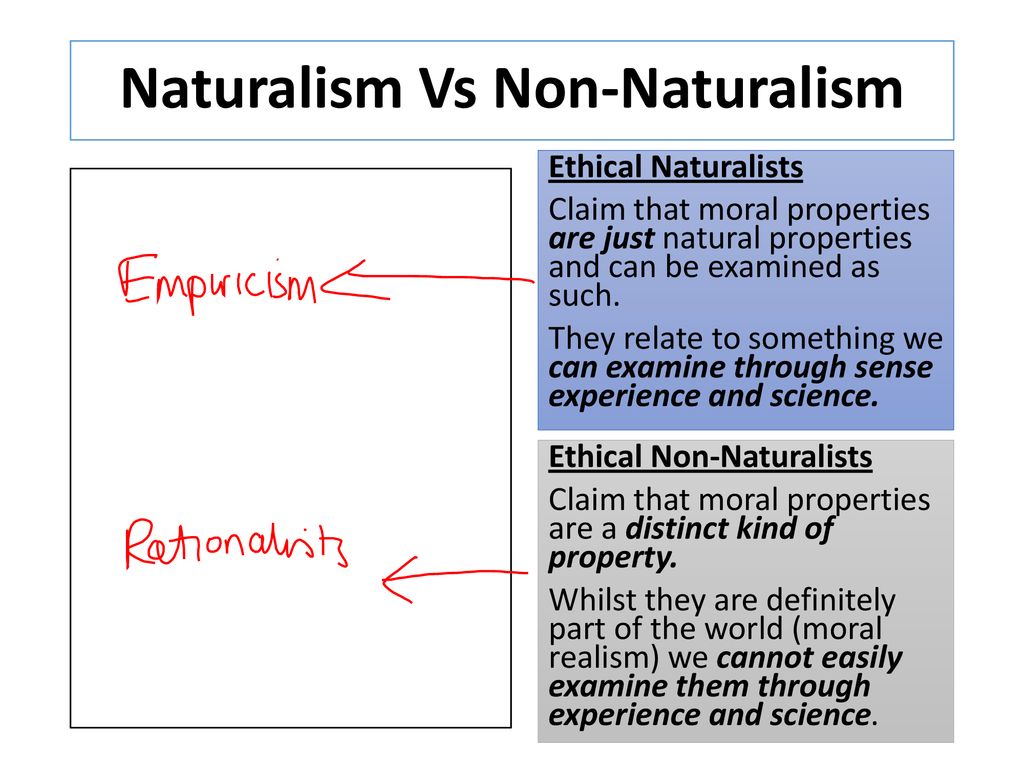What are the norms for using social media to publicly discuss the conference sessions you’re attending?
I don’t think the extreme free speech position of “tweet whatever you want, whenever you want” is the right one. Why not?
Well, a conference may have policies regarding the sharing of conference content on social media that organizers have made explicit to prospective and actual conference attendees, and attendees should (barring highly unusual circumstances) abide by them. It doesn’t appear that many philosophy conferences have such policies, but it would probably be a good idea to have them (not just in their programs, but in their acceptance notifications), just as a way of communicating preferences and setting expectations.
Even in the absence of conference policies, though, certain norms might be worth having in place in the profession regarding publicly posting about what a presenter says. This is because, generally, when one agrees to say something to a particular audience, they are not thereby agreeing to say that thing to the entire world. Also, “present as if the whole world might hear you” is not a desirable norm for most academic conferences, for various reasons (and this is true even if “the whole world might hear you” is a risk any presenter faces).
At the same time, “what happens at the conference stays at the conference” is also not the right general norm. For one thing, a lot of social media commentary about conference sessions is of a sort that no one would seriously object to (e.g., “just heard so-and-so give a brilliant argument for such-and-such”). For another, sometimes social media commentary can be intellectually valuable through further discussion of ideas or by helping scholars with similar interests become aware of each other. And more broadly, that people want to talk about something counts in favor of them being able to talk about it, and one of the ways we talk is through social media.
So what might be good norms to have? Here are some to get the discussion going, though it may be that different norms may be appropriate for different kinds of academic conferences:
If a presenter asks that specific arguments or data not be shared publicly, that request should be honored.
Before publicly criticizing a presenter or the ideas they’ve shared, take reasonable steps to voice that criticism to the presenter during the conference so as to ascertain its aptness and their reply.
Photos of conference participants should not be posted publicly on social media without their permission.
If you are going to be interacting on social media during a presentation, sit towards the back of the room so as to minimize the distraction you cause.
More generally, it may be helpful to keep in mind that though it is in the interest of Zuckerberg, Musk, and the rest of our social media overlords that we adopt the mindset that everything we are experiencing is urgent and newsworthy, there is usually nothing urgent about what’s happening at a philosophy conference, and we should be on guard about being manipulated to sacrifice well-worn norms of human interaction.
Finally, I should acknowledge that while it was prompted by a recent dispute over a social media posting about a philosophy conference, this post’s point is not to discuss that particular dispute, so comments about it will be deleted.
Rather the point of the post is to solicit suggestions for social media norms for philosophy conferences and suggestions for conference policies regarding social media. Pointers to norms and policies in use elsewhere are welcome.
Originally appeared on Daily Nous Read More






